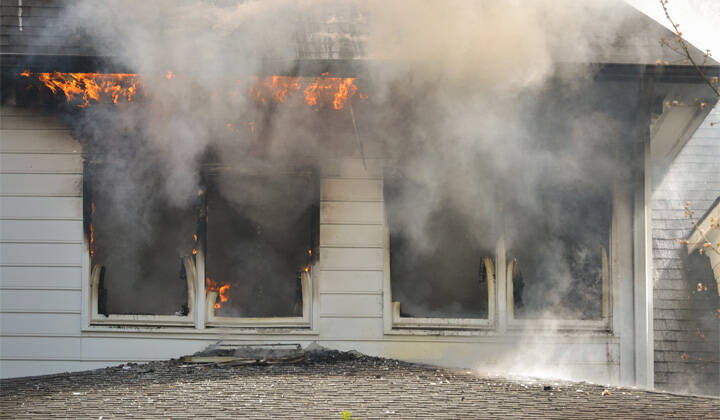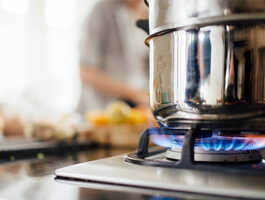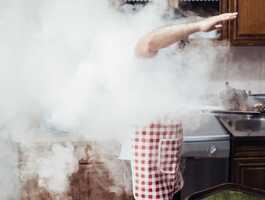I’ve had a home fire. Now what?
14 October 2022
Emergency board-up and tarp over services may be required to protect the structure and will occur as soon as the building is safe to do so.

The goal is to prevent further secondary damages caused by storms or vandals looking for an easy target. You will want to get in touch with your insurance agent who can help guide you on the steps to file an insurance claim and how your specific insurance company handles temporary housing needs. Your insurance understands you and your family need immediate basic necessities like toiletries and clean clothing, and will help guide you on how to get this process started. These situations are highly stressful and take an emotional toll. If you are approached by a contractor before speaking with your agent and adjuster, you should not feel pressured to sign a service contract. Only work with a contractor you are comfortable with and has thoroughly explained the scope of work they will be undertaking.
How do you decide on a contractor?
You may have a contractor recommended to you by your insurance company, however as the property owner, you have the right to decide the contractor who completes the work. Remember, it is okay to get more than one opinion from contractors before signing a contract. Your insurance adjuster and restoration contractor will inspect the property to gather the scope of work for restoration and reconstruction services.
Due to the nature of fire damage, there is a wide range of damage severity that will need to be determined. Some fires burn hotter than others, resulting in varying intensity of smoke residues and structural impact. Many questions will be asked in these initial inspections in order to create a restoration game plan. What caused the fire and what type of smoke residue is present? How severe did the smoke affect personal property like electronics or clothing? Which personal contents get cleaned and which ones will need to be replaced? The insurance policy you have on your home will be the guide for your adjuster and contractor on determining what work can be done with your specific policy limits. Your policy limits are often broken up into two sections; your personal property limits and your structural limits. Your contents restoration company and structural restoration company will need to understand both of these policy details in order to perform the work so costs stay within the insurance limits.
Recovery period for fire damaged property can range from a couple weeks to a few months and having a qualified contents restoration professional inspect your property will help ensure the accuracy of the scope of work and thoroughness of the completion of restoration services.
How can you help?
It’s always a great idea to share your home inventory with your adjuster, especially when damages are severe. This can be very beneficial for you and your contents cleaning company should items be unrecognizable from smoke or heat damages and can be an extremely important part for the monetary evaluation. Don’t have a home inventory? Look to see if you have any printed or digital receipts in your files or email to help put a retail price on your belongings. These can be a lifesaver, especially when there are high value items you own that would need to be proven purchased.
Interested in learning how to create a home inventory? Check out how to build a home inventory.



